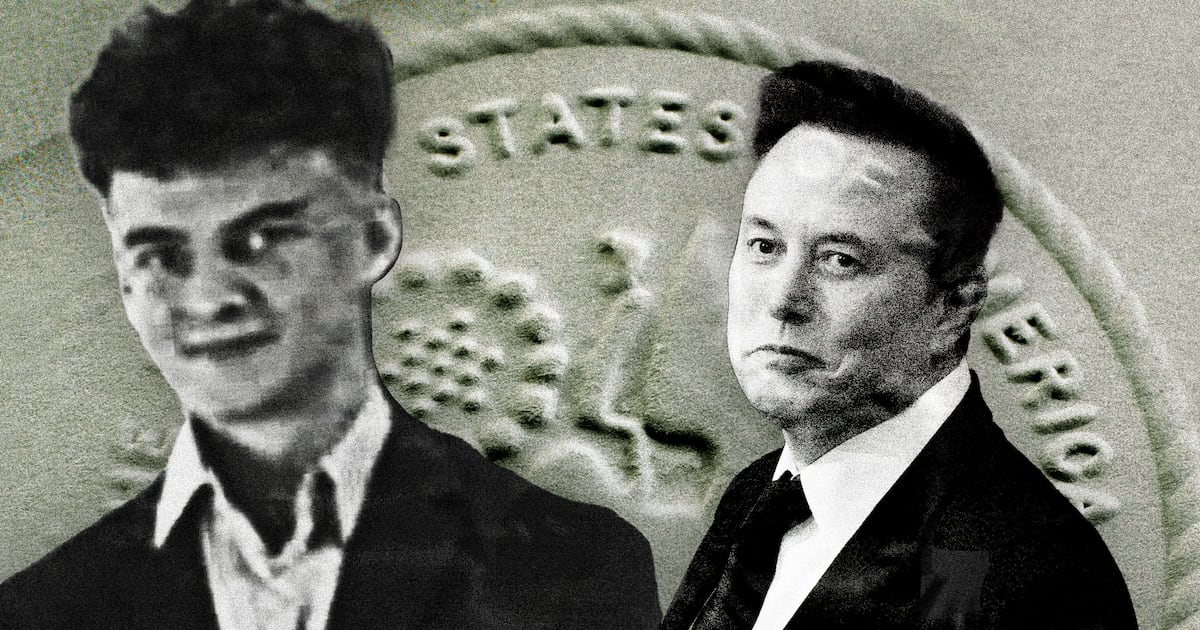Chief Justice Roberts warned against the Supreme Court being viewed as overly political. “If you have a sharply political, divisive hearing process, it increases the danger that whoever comes out of it will be viewed in those terms,” he said this February. “And that’s just not how—we don’t work as Democrats and Republicans.”
The Republicans’ refusal to consider the president’s nominee flies directly in the face of Roberts’s warning, delivered just days before Justice Antonin Scalia’s unexpected death. The dangerous subtext of their refusal to now consider Judge Merrick Garland is that seats on the court are reserved for particular parties—undermining the entire premise of the court, and greatly increasing the risk that it will be further politicized.
Back when Scalia was confirmed, advise and consent meant approving nominees that were well qualified, not nominees senators agreed with ideologically. Scalia, the conservative darling of a generation, was confirmed by a vote of 98-0. On the opposite side of the ideological spectrum, Ruth Bader Ginsburg was confirmed seven years later by a vote of 96-3.
McConnell was joined by several veteran Republican senators in acknowledging Garland’s qualifications. Orrin Hatch described him as a “consensus nominee” who “would get a lot of votes” if nominated for the Supreme Court. When Garland was nominated for the D.C. Circuit, he received the vote of 32 Republican senators, including seven who are still serving today, from Hatch to John McCain.
While liberal groups have consistently pressed President Obama to appoint nominees who would bring a progressive ideology to the bench, he has instead appointed well-qualified nominees who follow the facts and the law and respect the institutional confines of the court’s role.
The bogeyman Republicans warned against turned out to be a straw man. That seems especially true with Merrick Garland, who described the role judges play in terms not unlike Roberts’s umpire analogy: “The role of the court is to apply the law to the facts of the case before it—not to legislate, not to arrogate itself the executive power, not to hand down advisory opinions on the issues of the day.”
So as the Republicans cast dire warnings about President Obama’s nominee, it’s worth asking, rather than Garland who Donald Trump would nominate to the Supreme Court? Sarah Palin? Sheriff Joe Arpaio? Ben Carson did say he was promised a position. Ideology—not their appreciation for the facts and the law—would be the screen for a nominee in a Trump administration.
The logic behind Sen. McConnell’s Supreme Court standoff wouldn’t qualify for the LSAT test. What other aspects of the president’s job do Republicans—who historically have been advocates for executive power—believe he should stop doing in his final year? Aside from the nomination, it’s clear they will not consider his budget.
Should he disassemble the National Security Council and stop making foreign policy decisions? Should Social Security be put on hold for the year? What if, God forbid, another justice is unable to continue to serve. Should two seats on the court remain open indefinitely, litigants be damned?
Conversely, what aspect of Sen. McConnell’s job does he plan to do this year? Aside from Garland, he’s said he won’t consider any major legislation before the election, even policies he agrees with like expanding trade. He’s reduced his responsibilities to one job—preserving his own.
McConnell prominently displays a portrait of Henry Clay in his office, intended to project symbolism. He will not, however, be remembered as a great compromiser or an institutionalist, but instead as a historic obstructionist.
LaBolt is a founding partner at The Incite Agency. As a member of the White House communications team, he served as the spokesman for the efforts to confirm Justices Sotomayor and Kagan to the Supreme Court






